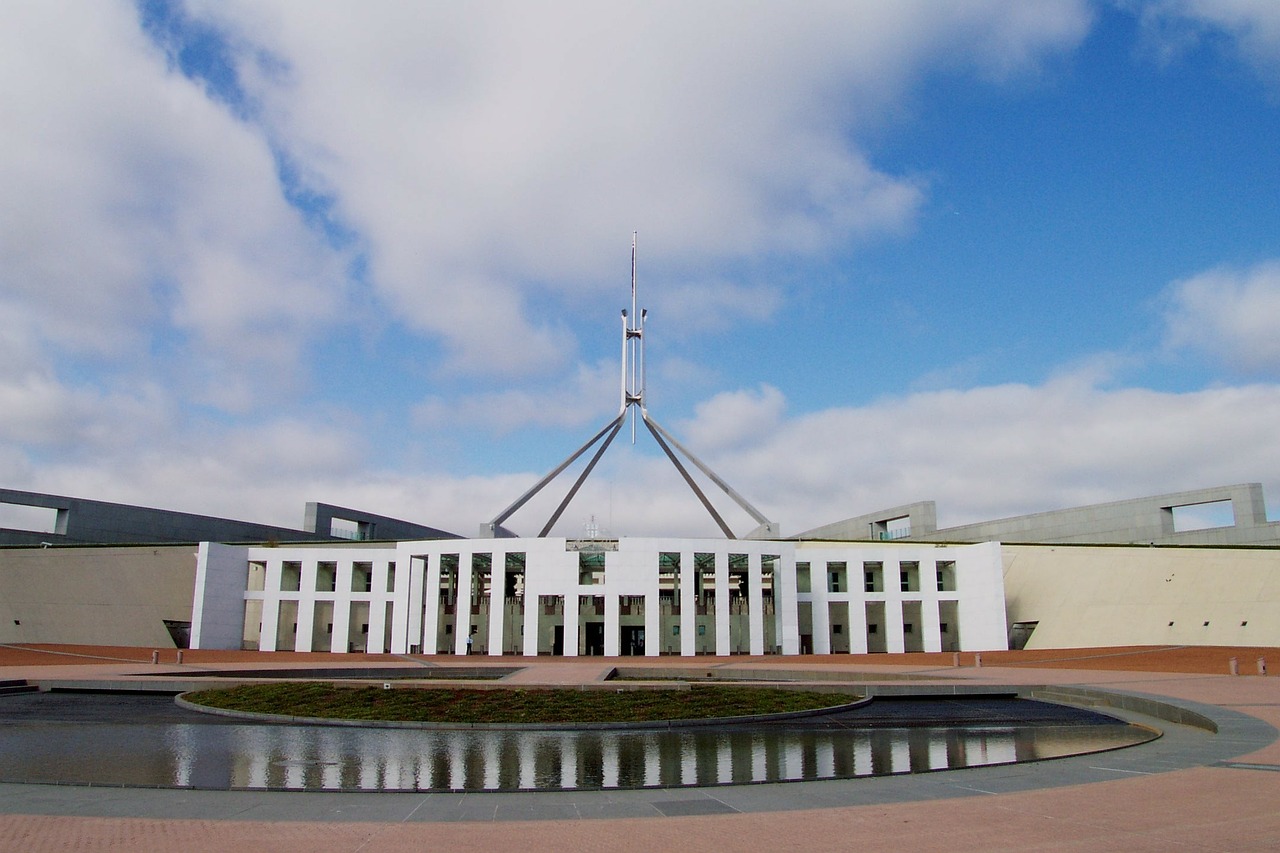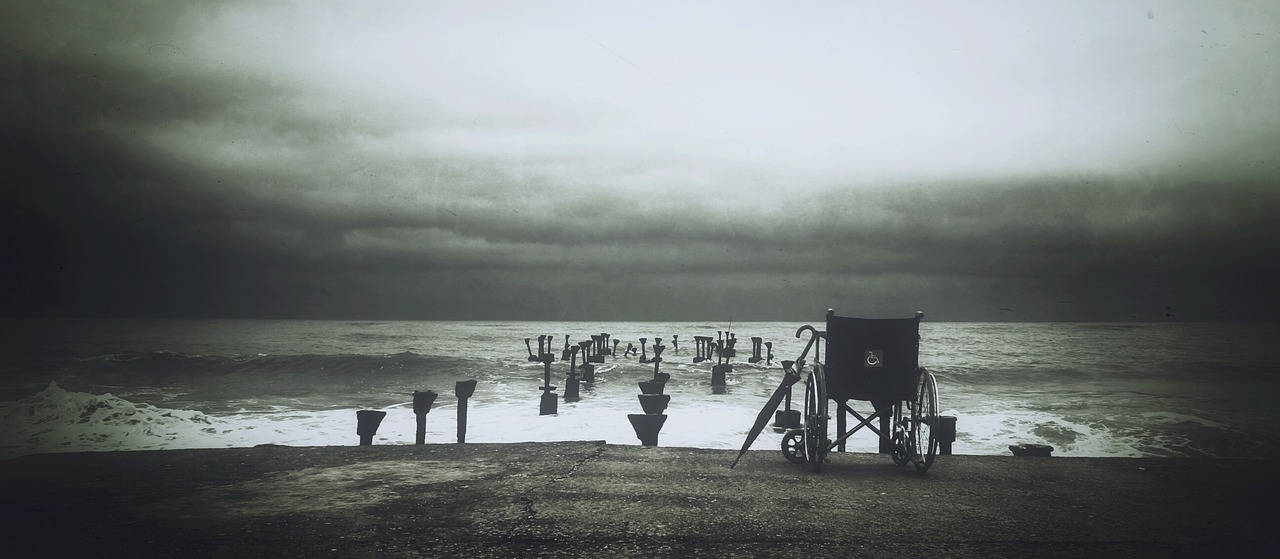Displaying items by tag: assisted dying
Leyonhjelm's euthanasia bill defeated: Three of the best pro-life defences
According to the Sydney Morning Herald, euthanasia advocate, Brian Owler thinks many of Australia's MPs are 'out of touch' with the desires of the public to be given access to assisted killing. However, pro-life senators tell us that the majority of submissions to a recent federal inquiry were advocating for life, rather than for euthanasia. Below are portions of the presentations given by three Australian senators who voted against the recent Leyonhjelm bill which would have allowed the territories to pass euthanasia legislation.
Euthanasia and Assisted Dying: The Law and Why It Should Not Change
This is a paper I presented recently at an evening considering issues around euthanasia and assisted dying: Euthanasia Paper May 2018. It presents reasons why changing the law in these areas is not a good idea in the interests of society at large and the vulnerable sick and elderly in particular.
Our Top Ten Posts of 2017
2017 was a landmark year for Australians, and for Victorians in particular. In fact, it was a triumph for the cultural revolution and its minions. Marriage was redefined and Christians endured an unprecedented attack on their faith, which is not openly scorned in the public square. the Catholic Church in particular was targeted, as the Royal Commission into Institutional Responses to Child Sexual Abuse became a witch hunt designed to humiliate Catholics, while failing to offer true healing to victims of abuse. Queensland and New South Wales managed to stave off the decriminalisation of abortion, while Victoria legalised assisted killing. The incidence of violent crime is rising, particularly among immigrants who refuse to assimilate. Our two major parties are almost indistinguishable in their policies and both incapable of leading our country into the future. But one great result has risen in response to this tidal wave of immorality and persecution: Christians are banding together, getting involved and becoming emboldened to fight evil head-on.
Disability and Assisted Suicide: A Lethal Combination?
At the completion of the Rio Paralympics in 2016, Marieke Vervoort, a Belgian silver medallist in the 400 metres, and a winner of silver and gold medals at the London Olympics announced to a BBC interviewer that she had completed the requirements to receive medical assistance to commit suicide at a future time of her choosing.
Marieke explained that, notwithstanding her satisfaction at winning the medal: there is also another side to the medal, the side of suffering and of saying goodbye to the sport. Because I love the sport, sport is my life. Referring to her future plans, she confided: I know when it's enough for me, I have those papers.
Sixty-Six Steps to Assisted Dying
We think that this model, which we acknowledge is the most conservative model for assisted dying in the world, is the right model for Victoria (Professor Brian Owler)
Claiming a world’s best regulatory document inevitably recalls Bob Carr’s comment in the course of the debate on an Australian bill of rights. Carr commented that, on reading, the world’s most impressive charter of rights came from the USSR in the mid 1930s. Recently, the difference between regulation and practice in banking and irrigation has made news. It’s all about compliance. How well will the 66 recommendations in the world’s most conservative model for assisted suicide accomplish compliance? This paper will briefly consider some of the recommendations, especially in the context of other regulatory systems.
Live and Let Die?
The Victorian Story So Far
Last June, the Legislative Council Legal and Social issues Committee released their report into End of Life Choices. The report recommended legalising assisted dying within a supposedly strict framework. A similar bill, the Death With Dignity bill 2016, was recently defeated in the South Australian parliament, where TWO such bills have been introduced this year alone. (Click here to read more.) The State government, infamous for its Marxist-style agenda to dismantle the fabric of society, has until December 9th to make its response to the report. In light of its track record, there is every reason to think that the Andrews government will introduce a bill to legalise either assisted suicide, or direct euthanasia. Politicians need to hear from the public about the dangers assisted suicide and euthanasia represent to vulnerable people, health professionals and to society at large. I've compiled some resources that will provide you with facts to use in letters to MPs, or personal or online conversations.
The picture above was taken at an anti-euthanasia rally, held outside the office of Victorian Premier Daniel Andrews last week. Right to Life spokesman, Eugene Ahern gave this statement:
Mr Andrews and his government could accept the recommendation for patient killing and introduce a bill to kill patients. Alternatively Mr Andrews and his government could reject patient killing, and focus on patient care, especially palliative care. Killing is never the answer to a human problem. It is the failure to look for an answer. We ask our premier to carefully read the comprehensive Minority Report prepared by Daniel Mulino MP which examines the whole issue an practice of euthanasia in detail and comprehensively rejects the Majority Report’s recommendations. We strongly urge the Premier to not abrogate society’s law against killing and to focus on patient care.
Is it Compassionate to Kill Sick People?
The AMA issued their statement last November, which was the result of a 5-year study into end-of-life care. Although this statement was widely misinterpreted by the mainstream media, when read carefully, it's clear that the majority of Australia's doctors prefer to treat their patients rather than put them to death. From the conclusion:
3.1 The AMA believes that doctors should not be involved in interventions that have as their primary intention the ending of a person’s life. This does not include the discontinuation of treatments that are of no medical benefit to a dying patient.
Instead of focusing on killing patients, there are several areas related to end-of-life issues which need to be promoted and developed further. These include palliative care, pain-control, and the concern sick people often have about feeling like a burden.
- Pro-euthanasia lobbyists exploit the issue of pain to further their cause, when in fact, pain-control is possible with the advent of good medical practices. (Read more here.)
- The approach which takes in a widest range of patient needs is called palliative care, and is a fast-developing facet of medicine/nursing. (Read more here)
- Human beings have an intrinsic need to help and be helped by others. This article explains why it's ok to 'feel like a burden.'
- An oncologist explains his journey from pro-euthanasia to being completely opposed to it in this article.
Think There's No Slippery Slope?
Proponents of euthanasia consistently claim that legislation will be watertight, to protect vulnerable groups from being swept into assisted-suicide or euthanasia scenarios. But equally consistently, these vulnerable groups have ended up becoming targets of the death-dealing medical professionals. For example, it is now possible to find cases of:
- euthanasia for alcoholics
- euthanasia for children
- euthanasia for depression
- euthanasia for those who are 'tired of life' or have 'completed life'
- euthanasia without consent
What About Conscientious Objection?
A worrying aspect of many assisted-dying lobbyists is their unwillingness to cater for medical professionals who have a conscienctious objection to killing their patients. In many parts of the world, there is evidence that medical professionals aren't free to exercise their consciences in regard to ending a patient's life:
Want to Learn More? If you'd like to be better informed about euthanasia and related topics,
- Paul Russell's HOPE website is Australia's foremost resource for end-of-life issues.
- You can click on this link to watch a European-made documentary on the HOPE website.
- The Living with Dignity website has a fantastic, concise list of objections to euthanasia.
- This article was written by a mother who learned the value of suffering when she experienced a terminal illness.












